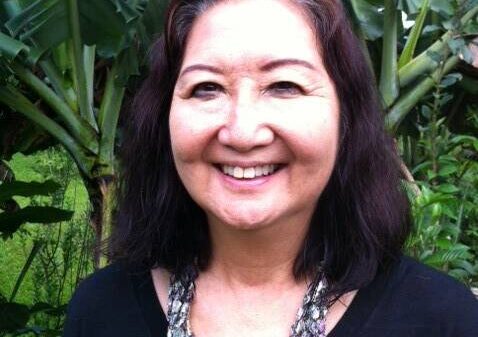New reports confirm that Africa is experiencing a significant longevity boom, with projections indicating that the elderly population in countries like Uganda could quadruple over the next 40 years. This surge is driven by advancements in sanitation, improved nutrition, and enhanced disease response measures.
As of now, the number of elderly individuals across the continent is rising rapidly, presenting both exciting opportunities and critical challenges. The implications of this demographic shift are profound, affecting healthcare systems, social services, and economic frameworks.
Authorities report that by 2050, Africa’s elderly population will face increasingly complex health challenges. Many older individuals are already grappling with issues such as inadequate access to healthcare, rising living costs, and diminishing support networks. This situation raises urgent concerns about how communities will care for their aging citizens.
The implications of this longevity boom are felt on multiple levels. Families are adjusting to longer lifespans, often taking on the burden of caregiving, which can impact their financial stability and emotional well-being. As the population ages, there is a growing need for comprehensive policies that address the unique needs of the elderly.
Experts stress the importance of proactive measures to support this demographic transition. Innovations in community health programs, accessible medical services, and public awareness campaigns are essential to ensure that older adults can lead healthy, fulfilling lives.
It is crucial for governments and organizations to collaborate in developing sustainable solutions that support the elderly. With the right strategies in place, this increase in longevity can be celebrated as a success rather than a challenge.
The situation remains dynamic, and more updates will follow as authorities and organizations work to adapt to these demographic changes. For now, the focus remains on understanding the implications of Africa’s growing elderly population and ensuring that they receive the care and support they deserve.






































































